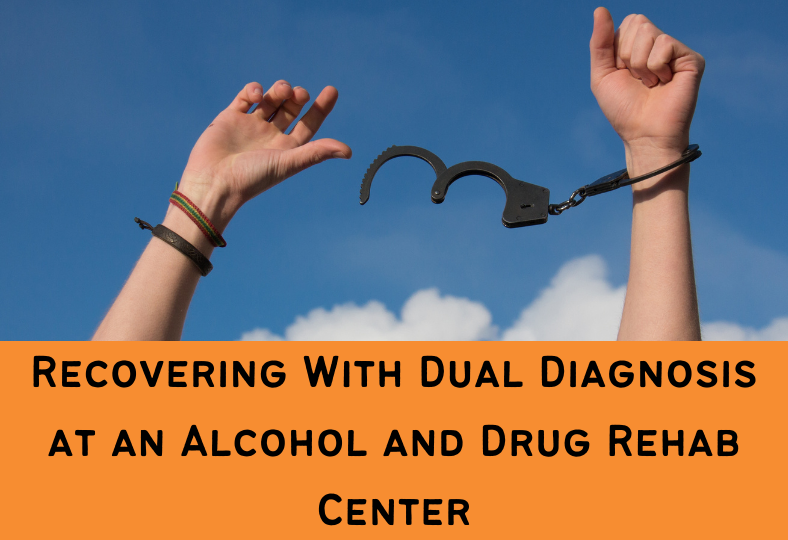What is Dual Diagnosis?
Dual diagnosis is when an individual is diagnosed with both an addiction and mental health conditions. Although the two illnesses are separate, they are often treated as if they are one. Dual diagnosis is usually more common in younger adults who experience a traumatic life event or a sudden change in personality. Dual diagnosis occurs when an individual is diagnosed using these two disorders simultaneously. The treatments for each disorder will vary depending on the individual and the severity of the disorder.
What kind of treatment is available?
Dual diagnosis treatment is not easy to find. Since many people do not realize that they have a psychiatric disorder, their primary care doctor may not be aware of their dual diagnosis. Some people with schizophrenia often do not seek treatment, since it is not considered a mental illness and those that do go through treatment often experience severe side effects. Because of this, many people suffering from schizophrenia and bipolar disorder do not seek treatment and suffer longer than needed.
There are a variety of treatments available to those with dual diagnosis. The most commonly used treatment involves counseling and socialization. Cognitive behavioral therapy is one of the most successful when it comes to treating patients with these disorders. Since patients must take control of their thoughts and feelings in order to receive treatment, therapy offers them a way to gain some control over their illness. This cognitive behavioral therapy program will teach patients to recognize their mental symptoms and avoid harmful behaviors.

Anxiety & Depression
Combining anxiety and depression is a common occurrence. Someone who suffers from depression may also suffer from obsessive compulsive disorder, or OCD, also known as obsessive-compulsive disorder. Those with this type of anxiety disorder want to rid themselves of what they believe is their body’s constant anxiety. Those with OCD will put items in order to stop themselves from performing a specific task. However, those with depression do not have an obsession or compulsions, therefore they cannot perform rituals or remove objects.
Treatment Programs & Resources
Dual diagnosis treatment programs also include psychotherapy. In these programs, patients’ depression and anxiety are treated along with their mood disorders. Therapy can help patients learn how to reduce their stress levels and learn how to change their moods and behaviors. A psychiatrist can prescribe different medications to treat these mental health disorders.
There are also many resources available on the Internet for those suffering from alcoholism, drug abuse, depression, and other mental health conditions. Some websites provide information on dual diagnosis treatment, recovery villages, and even online forums where patients can interact with others dealing with similar problems. On such a website, a recovering alcoholic named Jordan writes about his experience with alcoholism and his journey toward recovery. On another site, an individual who calls herself “Cindy” talks about her journey through alcoholism and her struggle to stay sober.
Many alcoholism and drug rehabilitation centers offer one on one counseling sessions. Therapists who specialize in dual diagnosis patients work closely with these patients and their families. In outpatient treatment programs, patients live in the facility for a brief period of time, usually one day, until they are ready to enter residential rehabilitation. The majority of rehabilitation centers offer housing and employment opportunities to dual diagnosis patients.

Do Not Be Afraid to Reach Out For Help
If you suffer from any of the symptoms of mental illness mentioned above, you should make an appointment at an alcohol and drug rehab center as soon as possible. Dual diagnosis doesn’t usually develop overnight, but if you don’t seek treatment in a timely manner, it could get worse before it gets better. When you go into treatment, you will be able to become healthier and live a fuller life. You will regain your self-esteem and find that you are more productive and have a brighter outlook on life. In the long run, you will feel much healthier and happier and will enjoy living once again.





